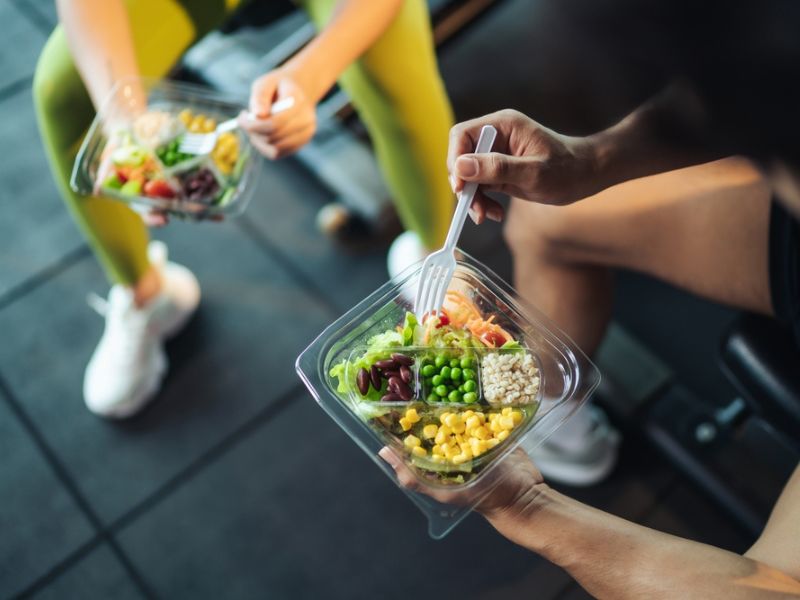The trend of Decolonizing your diet has somewhat gained popularity over the past few years. More than 15,000 Instagram posts use the hashtag #decolonizeyour diet. It’s not just about giving up pizza and pasta to remove colonial influence from your diet. Colonization is one of the most important aspects of Indigenous North American history.
Michael Wesley of Indigenous Health and Nutrition Consulting said, “Colonization has taken so much from many cultures, and part of that is knowledge around food systems.”

Image Credit: Shutterstock/PeopleImages.com – Yuri A
It’s no secret that the federal government influences reservations’ food. Many indigenous people relied on the government for food, including heavily processed foods. Most Indigenous tribes have clean water and sanitation, which may explain why foods on reservations last a long time.
Here’s what the experts say about decolonizing your diet.
Decolonized Diet: What Is It?
The removal of western European influences from Indigenous diets is crucial for many Indigenous people. Fruits, vegetables, and herbs are often found in indigenous foods. There are plenty of ways to decolonize your diet, from supporting local farms to shopping for traditional ingredients. It’s not a trend or fad to decolonize your diet. It’s a way of life-based on your ancestral history. It means supporting small minority-owned businesses over fast food chains and chain restaurants.
Is There A Way To Decolonize Your Diet?
Neftali Durán, food activist and chef, says, “If you’re Indigenous to this continent, you should consider adding more of your local food.” Most people who eliminate western European foods from their diet avoid meat. Adding Indigenous staples like corn, beans, and pumpkin seeds to your diet will help you decolonize.

Image Credit: Shutterstock/ME Image
Why Is A Decolonized Diet Beneficial?
Catriona Rueda Esquibel, who co-authored Decolonize Your Diet, said, ” Health was a major consideration when choosing Native foods. Consuming beans, cactus, and those foods keep your blood sugar from peaking.” According to McGill’s Centre for Indigenous Peoples’ Nutrition and Environment research, eating traditional foods has many benefits, including consuming fewer calories, consuming lean meat and fish, and connecting with one’s heritage.